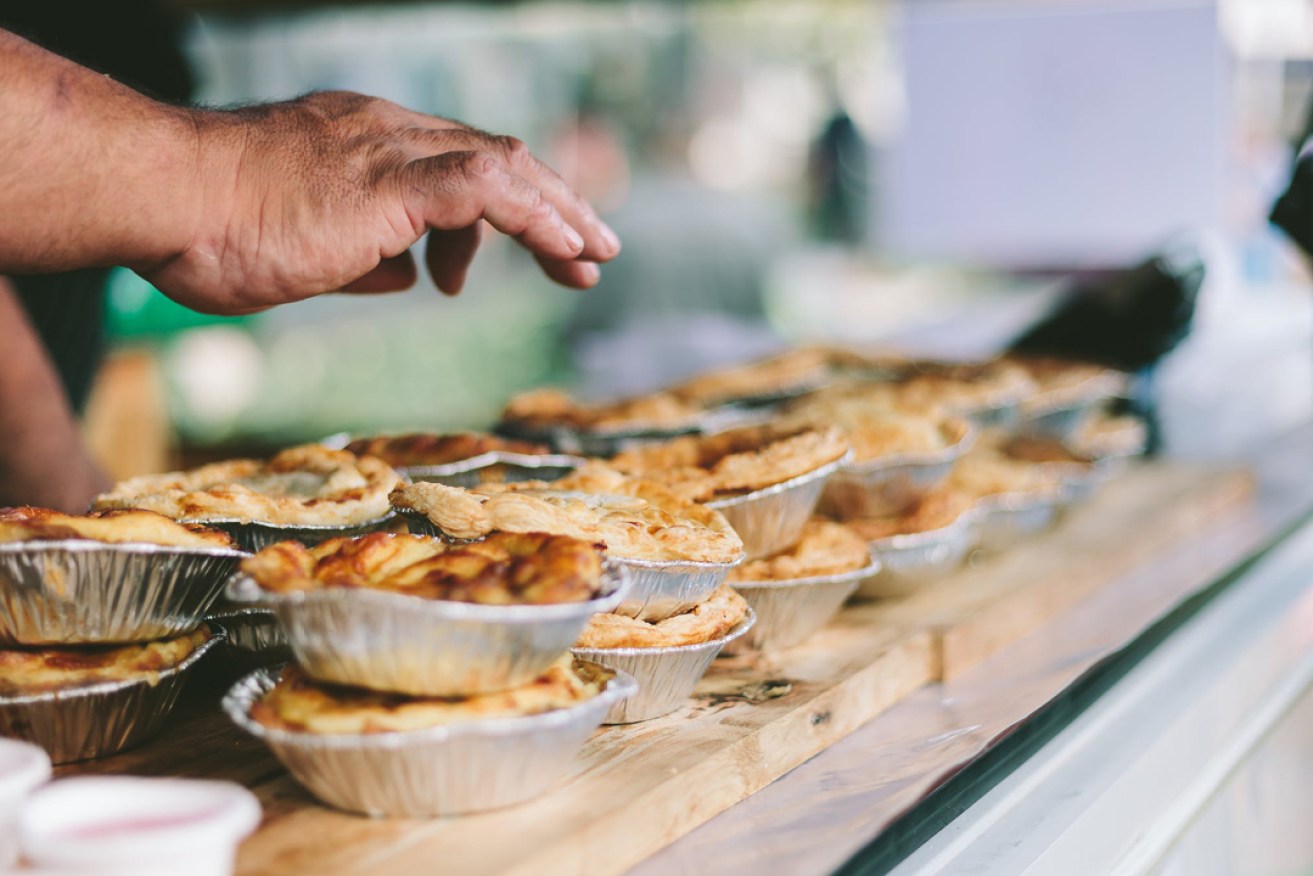Harmful levels of gluten found in ‘gluten-free’ food
New research has found potentially harmful levels of gluten in foods being sold as gluten-free, prompting warnings from coeliac disease experts that menu claims can’t always be accepted at face value.

Gluten contamination poses a serious health risk to those with coeliac disease.
The study involved 127 food business in Melbourne, and found that one in 11, or 9 per cent, of the supposedly gluten-free foods tested actually contained gluten.
It also found that only 10 per cent of the food service staff had good knowledge of the Food Standards Australia New Zealand (FSANZ) Code.
“For people with coeliac disease, a strict gluten-free diet is their treatment, not a lifestyle choice,” said Dr Jason Tye-Din, who leads the Coeliac Research Lab at the Walter and Eliza Hall Institute and is a gastroenterologist at the Royal Melbourne Hospital.
“Small amounts of gluten – even just a few crumbs – can be harmful over time and lead to issues such as osteoporosis or impaired growth.”
The study, published today in the Medical Journal of Australia, is the first of its kind in Australia.
Kathleen Sisson, vice-president of Coeliac South Australia & Northern Territory, said the belief that gluten-free was a “lifestyle choice”, rather than a health issue, had made some food businesses blasé about the risks.
Sisson told InDaily the Melbourne research confirmed anecdotal reports of a lack of knowledge about which foods contain gluten and poor understanding of the risk of cross-contamination with the potentially harmful protein.
“When we see gluten-free on a menu, anyone with coeliac disease would be quite reasonably hesitant about taking that at face value.”
While most people would be aware that gluten is found in grains such as wheat, rye and barley, Sisson said confusion surrounded other foods such as couscous, spelt and freekah. Even some chocolate contains gluten.
She said cross-contamination was also a risk in restaurant kitchens. It can occur when a food containing gluten comes in contact with gluten-free items – for example, if they are prepared on the same surface, or if croutons containing gluten are added to and then removed from a salad.
“If you’re targeting or marketing to a particular group … I think you need to take some responsibility. If you’re offering something as gluten-free, then you have to make sure it is gluten-free.
“Anyone with coelaic disease, if they come into contact with gluten, they will react.”
The Melbourne testing – which was carried out by City of Melbourne Environmental Health Officers, in consultation with researchers from the Walter and Eliza Hall Institute of Medical Research – found that of the non-compliant dishes, nine contained more than 20 parts per million (ppm) gluten, the upper threshold for safe gluten intake in Europe and the United States.
“One business provided wheat-based foods (> 80 ppm gluten) despite a gluten-free meal being requested, reflecting the lack of understanding reported by many people with coeliac disease,” the authors wrote.
Coeliac Australia described the study as a snapshot of what was happening in inner Melbourne and was reluctant to generalise about other places. However, it acknowledged that the levels of gluten in “gluten-free food” in other parts of the country might actually be higher. (It is worth noting that a third of the businesses in the study had been previously audited and had received some education about the food standards.)
The national association said education and training were the most important factors in ensuring compliance with the gluten-free standard.
Coeliac Australia president Michael Bell said eating out was one of the biggest challenges faced by people with coeliac disease.
“The Coeliac Australia online training module was developed to educate hospitality staff and it highlights how even small changes to processes can help eliminate the risk of gluten contamination,” he said.




